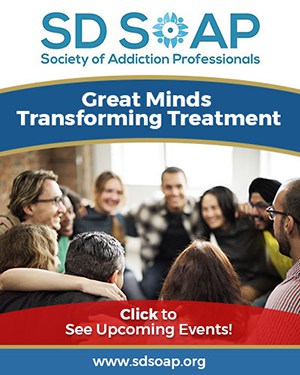Person-centered therapy is a traditional therapy method used by many programs. The therapist’s role is to help clients understand why they use alcohol or drugs and how to overcome their substance use. Person-centered therapy offers a safe, judgment-free environment to explore past trauma and learn how to heal from it. Therapists work with clients to help them heal past hurts and move forward.
What To Expect With Person-Centered Therapy
Person-centered therapy helps a person explore themselves, their past, and how they got where they are today. It helps empower clients. People don’t misuse alcohol and drugs because their lives are perfect. While sometimes a person self-medicates, often they end up in a worse predicament than they started with when alcohol or drugs are added to the mix. Alcohol and other substance do actual harm to a person physically, emotionally, and spiritually. With a substance use disorder, people often make poor and impulsive choices. This can leave a person with more trauma than they started with.
In therapy, a client will unpack both the past that led them to use drugs and the trauma that the drug use has caused.
Person-centered therapy is typically done one-on-one to facilitate trust and intimacy. Through treatment, a person discovers their strengths as well as their weaknesses. The therapist can help clients harness their strength as a part of recovery.
How Does Person-Centered Therapy Work?
Person-centered therapy works with the knowledge that a person is an expert on their own life, needs, and background. Only the individual can get sober, and making that decision is a huge step in recovery. Working with a client, the therapist acts as a facilitator or guide to help develop solutions and an action plan for getting help.
With the help of a therapist, the client will create solutions to problems such as seeking peer support (12-step programs) and other therapy. The client will learn to view themselves as a human being, full of gifts and flaws, and to work with those to become drug-free, with a clear grasp of their plan for the future of their recovery.
Therapists offer empathy and guidance, but person-centered therapy empowers clients to make decisions about significant changes themselves.
Therapists can provide perspective, insight, and suggestions for people ready to start the recovery journey.
Staying Sober With Person-Centered Therapy
Everyone who decides to get sober has their journey. The therapy journey will help clients articulate and focus on their own. Person-centered therapy can help an individual get to know themselves, their triggers, and the issues they need to work on. It can also help them work toward other goals.
People in therapy must be willing to take suggestions and get to know themselves better. Sometimes more than one therapy type is required in order to help a person begin recovery. That’s normal! Many recovery programs offer different types of therapy and include peer groups as well.
Recovery is a journey, and no two journeys are the same. If something doesn’t work for a client, there are always new methods to try. Nobody is perfect, and therapy can’t make them perfect. However, it CAN make them feel comfortable with their decisions and help them to fully participate in the recovery journey.
Join SOARR
The Society of Addiction Recovery Residences is a nonprofit alliance of sober homes and addiction professionals. To learn more about our organization or find a sober home, please browse our website or call us at 619-828-2001.





